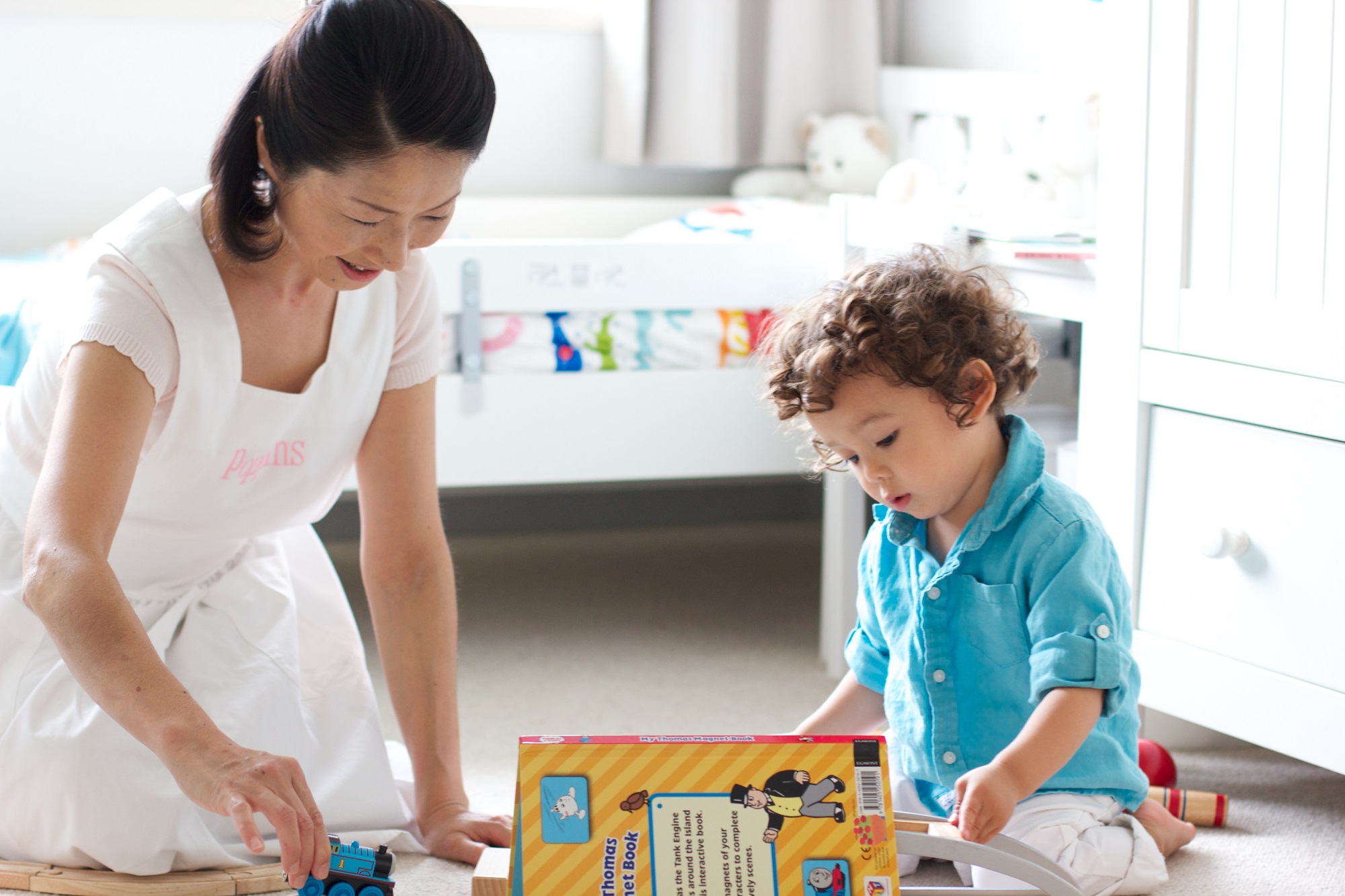In the world of healthcare, caregivers stand as unsung heroes, providing bedrock of support and compassion to those in need. Here we will explore the multifaceted vital role of caregivers within the healthcare system, delving into their diverse responsibilities, the challenges they face, and the pivotal impact they have on the well-being of care recipients.
Table of Contents
ToggleVital Role of Caregivers in Healthcare
-
The Diversity of Caregivers
Caregivers come in various forms, each contributing uniquely to the healthcare ecosystem. From family members dedicating their time to professional caregivers offering specialized assistance, the diversity of caregiver roles reflect the varied needs of care recipients. Recognizing and understanding these roles is paramount in appreciating the comprehensive nature of caregiving in healthcare.
-
Primary Responsibilities of Caregivers in Healthcare
At the core of caregiving in healthcare lie several primary responsibilities:
Providing Emotional Support
Caregivers are the emotional pillars for care recipients. Beyond physical care, they offer companionship, understanding, and a comforting presence, playing a vital role in the mental well-being of those under their care.
Assisting with Activities of Daily Living (ADLs)
Tasks we often take for granted become monumental for individuals facing health challenges. Caregivers assist with essential activities such as bathing, dressing, and mobility, ensuring the care recipient’s comfort and dignity.
Medication Management and Healthcare Coordination
Navigating complex healthcare regimens can be overwhelming. Caregivers take charge of medication management, schedule medical appointments, and coordinate various aspects of healthcare to provide a seamless experience for the care recipient.
-
Advocacy for Care Recipients
Caregivers emerge as staunch advocates for their care recipients, navigating the intricate web of healthcare systems on their behalf. From ensuring accurate information flow to advocating for optimal care, caregivers play a pivotal role in safeguarding the rights and well-being of those they care for.
-
Collaboration with Healthcare Professionals
Effective communication and collaboration between caregivers and healthcare professionals are foundational to quality healthcare. Caregivers serve as valuable conduits of information, providing insights into the care recipient’s daily life and contributing to collaborative decision-making with healthcare teams.
-
Promoting Patient-Centered Care
The caregiver’s role extends beyond mere assistance; it encompasses promoting patient-centered care. By understanding the preferences and values of care recipients, caregivers contribute to tailoring healthcare approaches that align with the unique needs and desires of those they care for.
-
Managing Care Transitions
A navigating transition between healthcare settings, such as hospital to home, demands careful coordination. Caregivers facilitate smooth transitions, ensuring continuity of care, and preventing gaps in healthcare services during critical periods of change.
-
Providing Respite and Emotional Well-being
While caregivers dedicate themselves to the well-being of others, it’s essential to address their own emotional health. Preventing burnout and maintaining resilience are integral components of the caregiver’s role, emphasizing the importance of self-care and support networks.
-
Education and Skill Development for Caregivers
Empowering caregivers with knowledge and skills is key to their effectiveness. Education on medical conditions, caregiving techniques, and access to training programs ensures that caregivers are equipped to provide optimal care and support.
-
Technological Advances in Caregiving
In the digital age, technology serves as a powerful ally for caregivers. From healthcare apps facilitating communication to tools aiding in medication management, caregivers leverage technological advancements to enhance their caregiving capabilities.
-
Legal and Ethical Considerations for Caregivers
Navigating the legal landscape and ethical considerations is crucial for caregivers. Understanding their responsibilities, rights, and ethical dilemmas in healthcare decision-making enables caregivers to navigate these complex aspects with confidence.
-
Challenges Faced by Caregivers in the Healthcare System
While caregivers play an indispensable role, they encounter a myriad of challenges within the healthcare system. Communication barriers, lack of adequate support, and navigating intricate healthcare structures are common hurdles. Addressing these challenges requires a concerted effort to advocate for caregiver support and recognition.
-
Cultural Competence in Caregiving
Cultural competence is paramount in caregiving. Caregivers must navigate diverse cultural beliefs and practices, respecting the uniqueness of each care recipient’s background. By embracing cultural competence, caregivers contribute to a more inclusive and personalized healthcare experience.
-
Support Networks for Caregivers
Building and accessing support networks are essential for caregivers. Whether through local community organizations, online support groups, or connections with fellow caregivers, a robust support system provides caregivers with the understanding, empathy, and assistance they need.
-
Future Trends and Innovations in Caregiving
As healthcare evolves, caregivers are poised to embrace future trends and innovations. From virtual caregiving platforms to advancements in assistive technologies, staying attuned to these developments ensures that caregivers remain at the forefront of progressive and efficient healthcare practices.
Conclusion
In the universe of healthcare, caregivers compose an essential melody of compassion, dedication, and advocacy. Their role extends far beyond physical assistance, encompassing emotional support, coordination of care, and empowerment of care recipients.
Recognizing and elevating the vital role of caregivers is not just a necessity; it is a testament to the interconnectedness of compassionate caregiving and holistic healthcare.
As we celebrate the invaluable contributions of caregivers, let us collectively strive to enhance support systems, address challenges, and ensure that caregivers receive the acknowledgment and assistance they rightfully deserve in the noble pursuit of healthcare excellence.
See Also: How to Communicate Effectively with Care Recipients
















